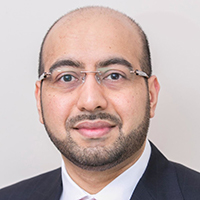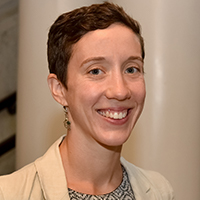Justice, Religion and Neuroscience: Promoting Socially Transformative WellbeingThursday, November 4, 2021 Social justice is defined broadly as a shared goal of addressing patterns of domination, oppression, and marginalization on the basis of nationality, race, gender, ability, economic status, and religion, in order to promote equitable wellbeing. This interest in human wellbeing and flourishing is shared by both neuroscience and religion. This panel will explore the intersections between religious practices that aim to improve wellbeing by transforming individual and collective abilities to counteract oppressive and dominating social forces, and neuroscientific research that aims to explain the effects of these negative forces on the brain and uncover the neural basis for these resilient abilities. Through conversation, we aim to describe how different faith communities interact with neuroscientific research, as well as ways in which the brain sciences engage with these communities, in the shared pursuit of justice and flourishing. Speakers
Agenda
RecordingSpeakers Gulamabbas LakhaUniversity of Oxford Gulamabbas Lakha is a researcher and tutor in psychology of religion in the Department of Psychiatry and the Ethox Center at the University of Oxford. He is investigating how faith-based concepts and practices can be harnessed to improve accessibility and adherence to interventions for depression, such as Cognitive Behavioural Therapy and mindfulness-based approaches, with specific regard to depression in the UK Muslim population. He is also interested in the neuroscience of religious experience, comparing EEG neural correlates of an Islamic mindfulness practice (dhikr) and a common breath-based meditation from NHS approved interventions.  Laura Specker SullivanFordham University
ModeratorJuhi FarooquiCarnegie Mellon University |
